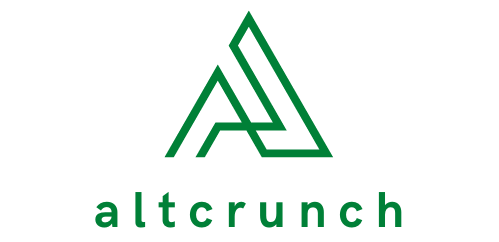Here are five things you should do to improve your financial health. Do it now to ensure a strong finish to the year.
While many people focus on implementing self-care or health routines during National Wellness Month, don’t forget that financial health is also an important part of wellness!
This month is an excellent time to revisit goals before the demands of busy fall schedules and the holiday season. Summer is also a good time to get organized before the school year begins.
If you discover that you were off track in the first half of the year, conducting a financial check-up now allows you to correct your course. If you’re a parent, it also allows you to involve your children in activities that will help them build a solid foundation of financial knowledge.
Examine your budget and your schedule

Are you on track to meet your objectives? Begin by separating your budget’s essentials from its discretionary items. Housing, transportation, utilities, medical expenses, debt payments, and food are examples of essential items, or “needs.” Travel, eating out, and entertainment are examples of discretionary items, or “wants.” Take note if your discretionary spending has gotten out of hand and begin trimming to get back on track. If you know you’ll be traveling or spending a lot of money soon, you can factor that into your budget as well.
To stay organized, consider using Google Drive or Dropbox, as well as a shared calendar. My family, for example, relies heavily on cloud storage systems for a centralized location to share documents that we can both edit, such as our household budget. Our collaborative calendar is the most convenient way to keep track of and communicate important dates. “If it’s not on the calendar, it doesn’t exist,” our family says.
Increase your savings
Begin by looking at your emergency fund. Do you have one, and how is it doing these days? Is it sufficient to cover at least three to six months of expenses? With interest rates rising, some online high-yield savings accounts have begun to raise their interest rates, making them more appealing than traditional brick-and-mortar banks.
Remember to review your retirement savings as well. If your company has a 401(k) and offers a match, make sure to save at least that amount. In addition to the $20,500 maximum, people over the age of 50 are eligible for a $6,500 catch-up contribution in 2022. If you don’t have access to a workplace 401(k), you can save for retirement through IRAs and Roth IRAs (or even if you do). These allow for a combined maximum contribution of $6,000, plus an extra $1,000 if you are 50 or older.
Automate what you can and cancel any subscriptions that are no longer needed.
Financial organization takes a lot of time on the front end, but there’s a lot you can automate once you know what you need. I rely on automation and would be unable to meet many of my financial objectives without it. When you don’t have to think about it and it’s done for you, saving becomes much easier. My retirement savings, bill payments, tuition payments for my children, and 529 savings are all automated.
Subscription services have become an increasingly important part of our daily lives. Consider gyms, music streaming services, meal delivery services, dating apps, and streaming services. According to Kanter’s research, 85% of US households will have at least one streaming service by 2021. Many people have no idea how much money they spend on these items each year. Now is a good time to go over your subscriptions and cancel any that are no longer needed. Truebill and other apps can help you find and cancel unused subscriptions.
Include the children
Back to school is an excellent opportunity to introduce your children to financial education. Consider giving them a budget for clothes and school supplies and giving them the freedom to spend it how they see fit.
If you’re about to add a driver to the family, discuss car payments and introduce the concept of risk management through car insurance. Even if you pay the premiums on their behalf, it’s critical that they understand how much things cost. Because school sports, music, and theater are not free, setting aside money for these activities can be beneficial. Don’t forget about school photos, yearbooks, booster clubs, and the cost of field trips and extracurricular activities, which can quickly add up.
Still struggling to stay motivated?
It’s sometimes easier to start a good habit, like any other health and wellness routine, when you have someone to hold you accountable. Schedule a financial check-in with your partner. I know it’s very romantic, but you can spice it up with some wine or a picnic. Put it on the group calendar! The same can be said for a friend or family member, and if you work with an adviser, reach out to them. Finish strong this year because 2023 will be here before you know it!

